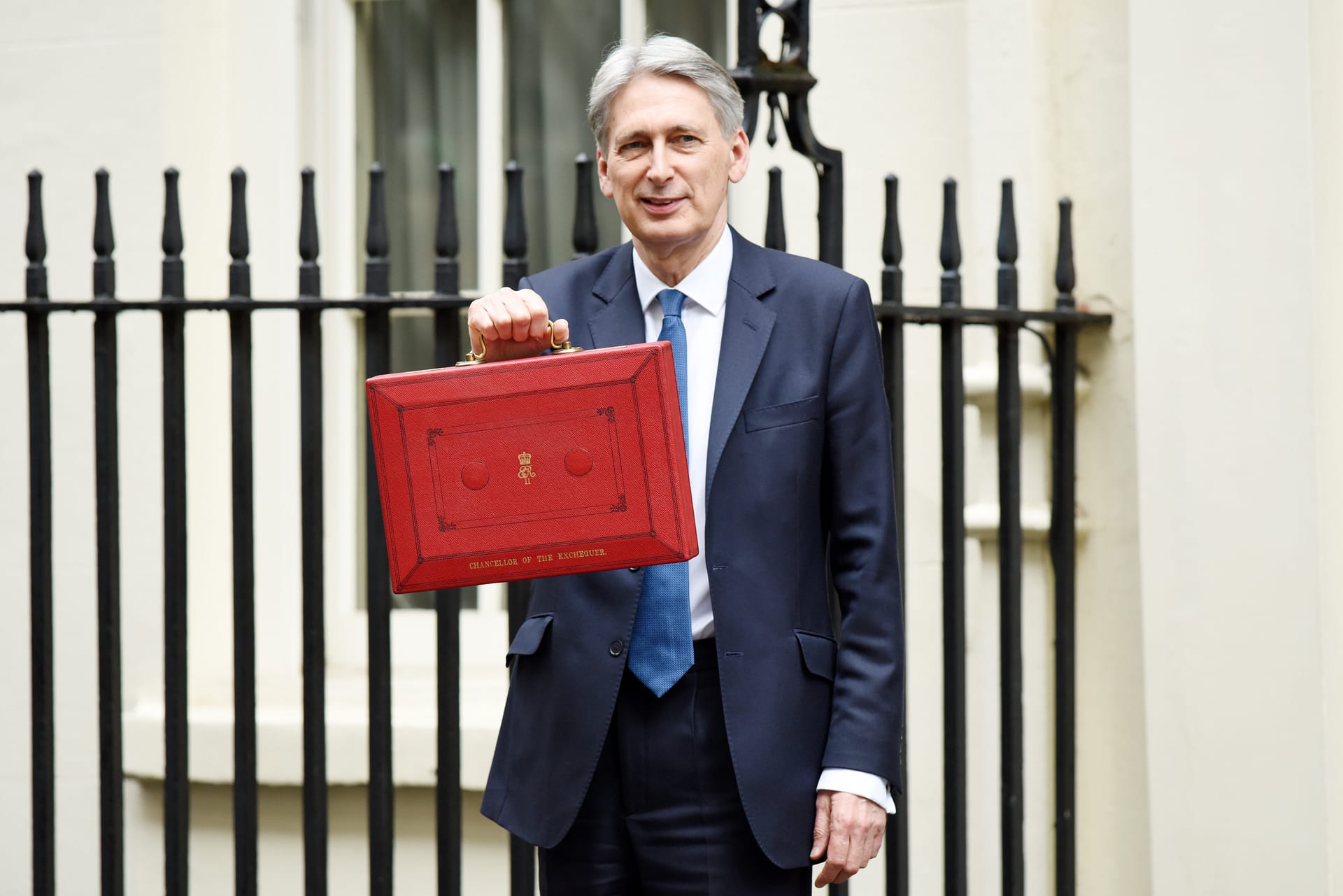Economic growth next year is predicted to be just 1% in spite of the election of a new majority government, a new report by chartered accountancy body ICAEW predicts.
The UK economy is likely to be flat for the final quarter of 2019 as Brexit uncertainty continues to have an impact on confidence, ICAEW’s Economic Forecast, published today1, shows. ICAEW’s Q4 forecast predicts annual growth for 2019 will be 1.2%.
And while the new government’s plan for the UK to leave the EU at the end of January will relieve some business uncertainty, the lack of clarity about the future of the UK’s trading relationship with Europe means the lack of confidence will continue, ICAEW’s report suggests.
But while growth in 2020 is predicted to stand at 1%, the new government’s plans for public spending should support an increase in GDP and investment in 2020, ICAEW says.
The findings of the Economic Forecast are based on the views of chartered accountants working in every sector in the UK.
ICAEW said Brexit contingency plans in the first half of the year meant growth wavered, while at 0.3% growth in Q3 was below expectations. With GDP stagnant in October and surveys identifying weakness in the economy, the signs for Q4 have been poor.
Michael Izza, Chief Executive of the ICAEW said, “Today’s report shows that economic growth next year will stand at 1%, with investment remaining low.
“We hope that the new government will ease the strain on businesses and bring some much-needed stability to the economy.
“While the UK is likely to leave the EU at the end of January, the terms of our future relationship with Europe are still to be decided. Securing good trading terms will help businesses regain confidence and enable them to plan effectively for the future.”
The Economic Forecast report also found that business investment continued to be the main weak spot in 2019, with spending on assets like machinery and buildings stagnating in Q3 to a level 1.2% lower than it was at the time of the 2016 EU referendum.
It also found that weak demand has increasingly fed through to the labour market. Q3 saw the first quarterly decline in employment in two years, while indicators such as a decline in the number of job vacancies point to further weakness in Q4.






Leave a Comment